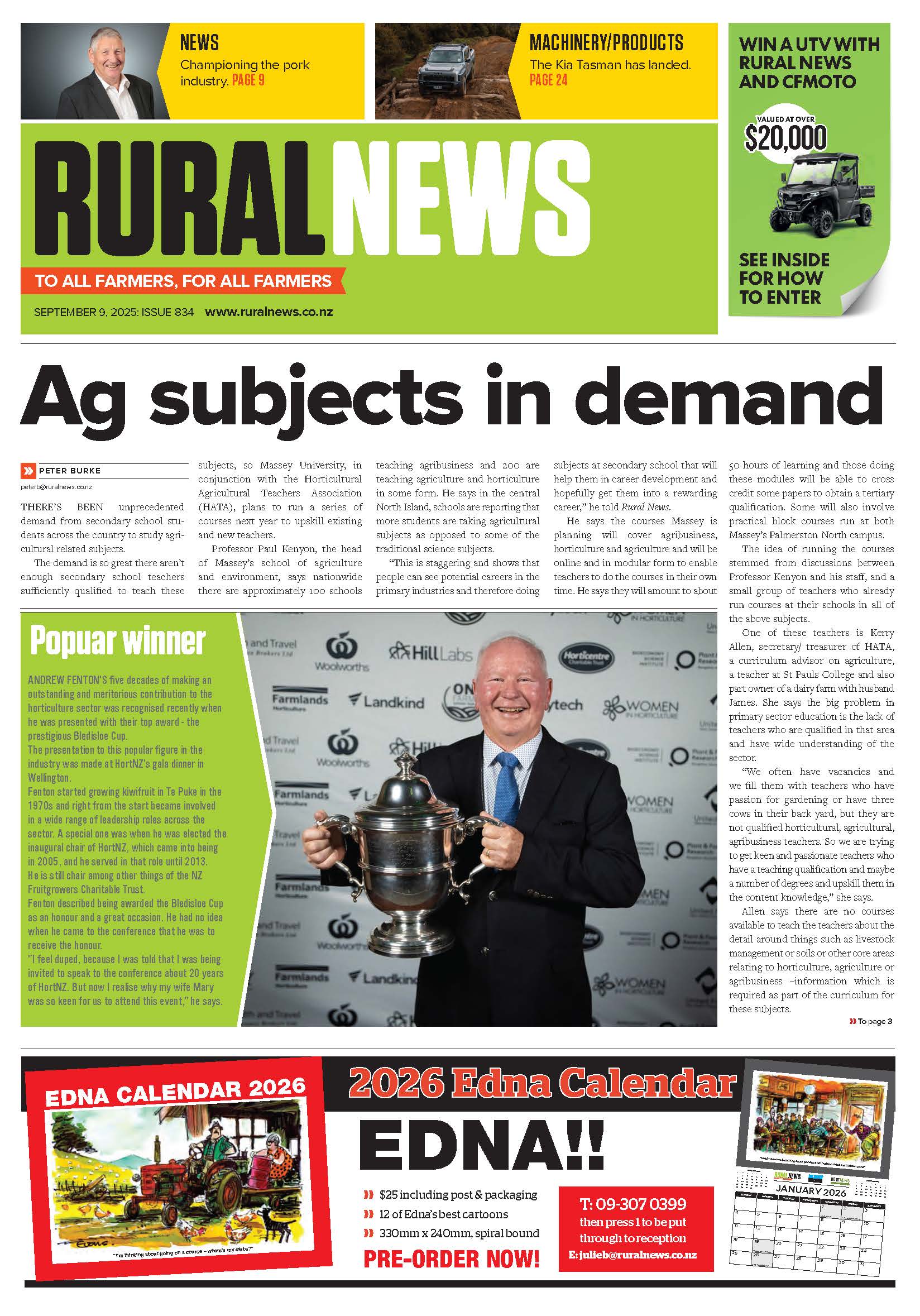Imagine this scenario.
Craig Brown owns a dairy farm. Like many farmers, he owes money to his bank, which has a general security interest over all his assets.
Andy Smith supplies Brown with goods to run his farm. He also leased 750 cows to Brown for six months. At the end of six months, Brown asked if he could keep the stock for another two years. Smith agreed without thinking any more of it.
Eighteen months later, milk prices have fallen and Brown starts to struggle. He is not making his payments to Smith or the bank. Smith takes 350 of his leased stock back and sells them to Barry Blake who farms down the road.
Ultimately, Brown can’t do a deal with his bank and receivers are put in.
At the time receivers are appointed, Brown still has some of Smith’s goods and 400 of the leased cows. Smith goes to collect these from Brown’s farm, but is turned away at the gate. He’s told that he has lost priority to the bank. They say there are no signed terms of trade, so the bank has priority over the goods and livestock he sent Brown. The receivers also ask Smith to return the 350 cows he took back.
Surely this can’t be right? Unfortunately, Smith has real problems here. He sent his terms of trade to Brown when they started doing business, but things were booming and they both got caught up in work. Brown never got round to signing the terms of trade and Smith didn’t follow up.
Goods supplied on credit terms are ‘security interests’ as far as the Personal Property Securities Act 1999 (PPSA) is concerned. That means signed terms of trade are generally a requirement for the supplier to be protected. Because Smith didn’t make sure the terms were signed, the bank’s security (which is all in order) gives it first rights to the goods supplied by Smith even though Brown hasn’t paid Smith for them.
Smith also has big problems in relation to the leased stock. Under the PPSA, a lease for more than one year is also a deemed security interest. This means that to be protected, a party needs to register a ‘financing statement’ on the Personal Property Securities Register (PPSR).
What some parties forget is that what starts as a short lease of, say, six months, can become a lease of more than one year if Smith allows Brown to keep the cows for more than a year even though the original term was only six months.
Often parties will consider whether a financing statement is required at the start of a leasing arrangement but do not turn their mind to it when the arrangements are varied down the track. Here, because Smith didn’t register the financing statement, the bank will have priority to the leased stock.
In this case, the receivers will likely chase Smith for the stock he took back (or the sale proceeds) and may even go after Barry Blake in the right circumstances. That the receivers could chase Blake will come as a surprise to many. However, it highlights the need for proper due diligence to be done on rural purchases.
The instances where disputes arise in the NZ agri-sector are varied and the disputes are often complicated. The above scenario provides a couple of the more simple examples. While discussions about the PPSA and the PPSR often sound like legal mumbo jumbo, failure to get it right can have disastrous consequences.
To head off these kinds of problems, Meredith Connell has developed a PPSA health check for existing and new clients.
While there are signs that conditions are improving, some uncertainty remains. Now is a good time to review your terms of trade and discuss how you do business. A little time and expense now may save you tens of thousands of dollars down the track.
• Phil Shackleton is an associate at national law firm Meredith Connell. He regularly acts for borrowers, lenders and parties supplying goods on credit in the rural sector.

















